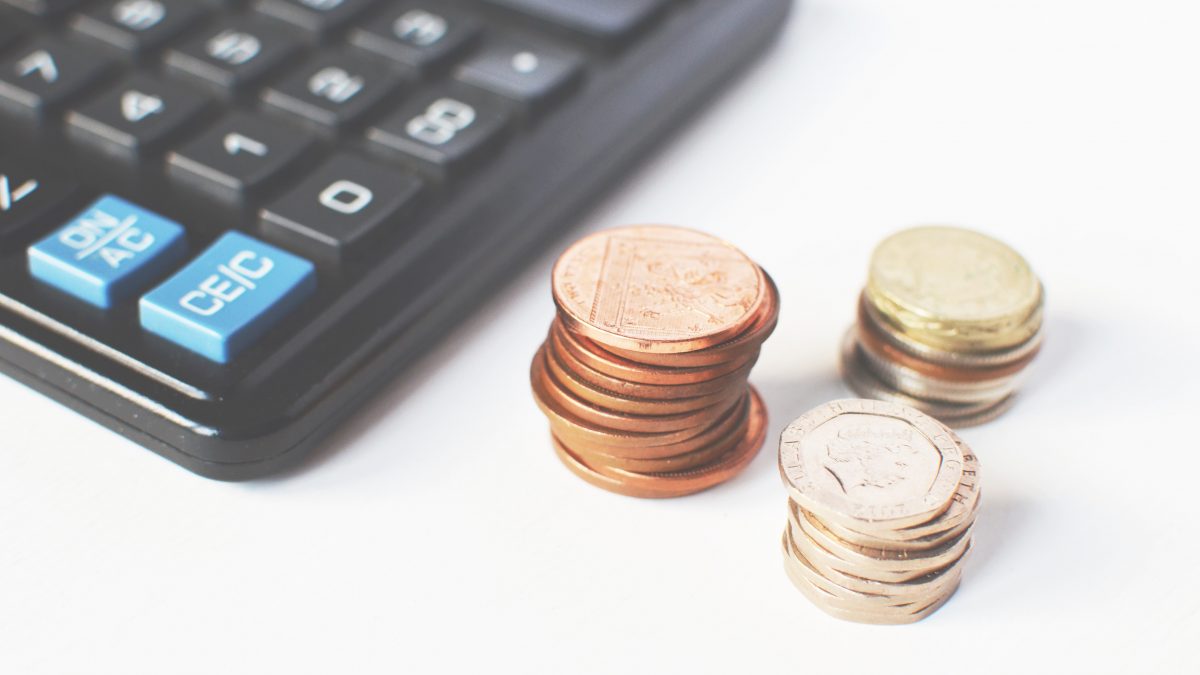Should I Save or Should I Invest?

Kick Start the Year with Marjon Sports Centre
3rd January 2019Cervical Cancer Prevention Week
3rd January 2019All the celebrations have come to an end: and after all the parties, food and gifts, your wallet is feeling a bit thinner than usual.
The season of giving is over and now that the new year has begun, it’s time to start thinking about how  you are distributing your cash and to start being smart with money.
you are distributing your cash and to start being smart with money.
It’s not news, managing your money can be difficult. You think you’re set with your in going and outgoing, but then life chucks something in the mix that completely throws it off-balance.
Taking the time to manage your money will be really beneficial. It can help you stay on top of everything financially and help you work towards your goals: whether they are short-term or long-term.
Organising your finances and understanding your lifestyle, income and expenses will help determine whether you should be saving or investing. Obviously you shouldn’t be doing either if you have more important things to be doing with your money – such as sorting out debt; but managing your money can at least lay it all out for your visually and prepare you for anything, even if it’s unexpected.
Start budgeting
First things first, if you want to become more organised with your money, you need to start budgeting.
It’s the obvious solution, but it’s the best way of creating visuals for when your money will be coming in and going out. Create a monthly budget to stay ahead, but still take into account your weekly spendings as part of this.
By budgeting you will:
• Be able to see where you can save money.
• Know exactly how much will be coming in and going out.
• Be more prepared if unexpected costs arise, and shouldn’t struggle with paying out as much.
Things you should include in your budget:
• Bills (water, electric etc.) – and always account for any unexpected increases in your usual bill prices.
• General living costs: food shops.
• Insurance.
• Birthdays or other events: you may need to pay out for gifts.
• Transport: fuel for car, or public transport.
• Other: holidays, eating out, activities (e.g. a gym class, or if you have children, consider any activities they may need money for; like football training).
Starting up and keeping up with a budget, will definitely help you. It’s the best thing to begin with no matter what your financial situation is, and then there’s an overview to work from rather than playing guessing games week-to-week.
Figure out your goals

Obviously whether you’re saving or investing, it has to correlate with all of your end-goals.
You may already have a rough idea of where you’d like to be in a couple of months, or even years down the line, but sometimes it’s completely forgotten how you’re going to afford these things; or you assume that you’ll just be able to afford it when the time comes. It’s better to get an idea of where this money is going to come from now, rather than finding yourself stuck when it’s time to put these plans into action.
You don’t necessarily have to figure out what your long-term goals are now, but it may be good for you to set up some short-term ones for the time being.
Short-term goals:
• Start by saving, build up enough for an emergency fund.
• Set further goals depending on what you want and where you want to be – e.g. “I want to aim to save £500 a month towards a new car.”
Long-term goals:
• Once your savings grow, start to invest them – you could maybe put money into your pension.
• You may want to consider investing in your long-term goals due to inflation affecting the value of cash savings.
Why it’s important to save/invest
For one, it very risky to not be saving money. It can put you in some unnecessarily stressful financial situations, and just make it harder for you to continue saving and investing in the future.
This is why when budgeting, you must take care to make regular, disciplined deposits into your savings or investments.
It doesn’t just save you in case of emergencies, it helps in a number of different ways too.
It can help you become more financially independent
It means you’re in full control of what you do with your money – YOU have the freedom to make the choices that suit you and your financial situation.
Helps with annual expenses
Things like birthdays, holidays, vehicle maintenance, home repairs and so on. It’s best to save for these in advance so you’re not tempted to pay via credit cards with high interest – it will just give you peace of mind.
To have a good, stress-free life
It’s not just about the things you’ll be able to afford, but it’s the peace of mind that will come with it. There will obviously be time where you will have some concern over your finances – that’s inevitable – but it well it help reduce a lot of stress related with money.
You can go about life knowing that you will have a comfortable retirement; or that if you need some emergency repairs in your household that it’s covered and you don’t need to worry about being skint until the next wage packet.
With all these things, it’s good to remember to be flexible. Life is unpredictable and certain events may happen that can increase or decrease your income flow

But sometimes it’s not as simple as just saving back some money and investing into your future.
If you are having any serious debt issues, where you’ve already missed some loan payments and are behind with what would be classed as ‘priority’ payments, then just saving money would not help you out initially.
If you are struggling and need help to get through these issues, there are places where you can seek advice.
Debt advice charities will help people who are behind with payments on things like rent, mortgage, council tax, child support etc. and they’re completely free to talk to.
These services are available online, on the phone and face-to-face local services. The Money Advice Service website has all the information online to find the right service best suited to you and your situation.
Things to remember…
• Budget: it will help you plan out where your money is going and coming from.
• Figure out your goals: this will help you figure out where is best to distribute your finances.
• Get organised: very self-explanatory and ties into budgeting, but you can’t do one without the other. Make sure you have time to figure out your finances and budget.
• Save, save, save! If there’s something you can takeaway from everything you have read here today, this definitely should be it. If you save, you can invest into your future and aim for a less stressful life.
• Cut your spending: little things can make the difference. Buy the non-branded item over the branded; make your lunch for work rather than buying a meal deal or eating out. On average, workers spend about £1580 per year on lunch, think about all the other things that you could do with that sort of money!




